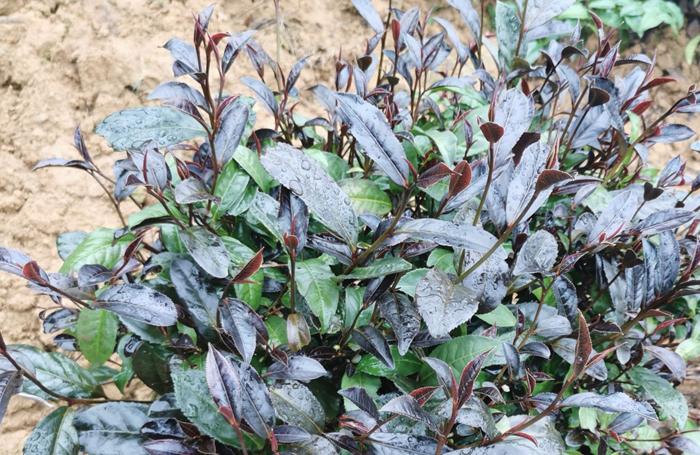chinadaily Senior official lauds dryland
A senior agricultural official on Tuesday lauded the crucial role of dryland agriculture in bolstering global food security and curbing poverty at an international conference.
Wu Kongming, president of Chinese Academy of Agricultural Sciences, said areas scattered across more than 100 countries are dependent on dryland agriculture.
Some 2.1 billion people reside in such areas that account for about 41 percent of the earths land mass, and are reliant on dryland farming for their livelihoods, he said at the 2023 International Conference on Dryland Agriculture, which opened in Beijing on Tuesday.
The three-day event was themed Building Resilient Dryland Ecosystem to Achieve SDG 2030, referring to the United Nations 2030 Agenda for Sustainable Development with its 17 Sustainable Development Goals.
The conference was held by Chinese Academy of Agricultural Sciences, Food and Agriculture Organization of the United Nations, and Consultative Group on International Agricultural Research.
Wu said half of the worlds impoverished population live in such areas, making dryland agriculture a frontline in curbing extreme poverty.
Sustainable development of dryland farming is important for reducing the wealth gap and curb poverty, he said.
The president said roughly 81 percent of arable lands are used for dryland farming. They produce 60 percent of the worlds grains and half of livestock output. This highlights the fundamental role of dryland agriculture in ensuring global food security.
Against the backdrop of climate change and more extreme weather events, dryland farming is facing dire challenges such as water shortage, droughts, and agricultural ecosystem degradation, Wu said.
He noted that the conference, with more than 300 participants from across the world, aims to strengthen international cooperation in research, policy coordination, and capacity building with an aim to ease these squeezes.
Through this conference, we hope to inject momentum for the efficient, high-quality, and sustainable development of dryland agriculture worldwide, he said.
Wu said his academy has worked since the 1980s to implement farming projects with a focus on improving rainwater utilization efficiency. Their researchers have also developed key technologies and equipment such as in water-saving irrigation.
Through applying drought-resistant and water-smart planting models, and key technical equipment, Chinas dryland agriculture has seen notable progress in productivity and efficiency.
He said such efforts improved average precipitation utilization efficiency by 7 percentage points in the arid regions of northern provinces.
(单位: 中国农业科学院农业环境与可持续发展研究所)



